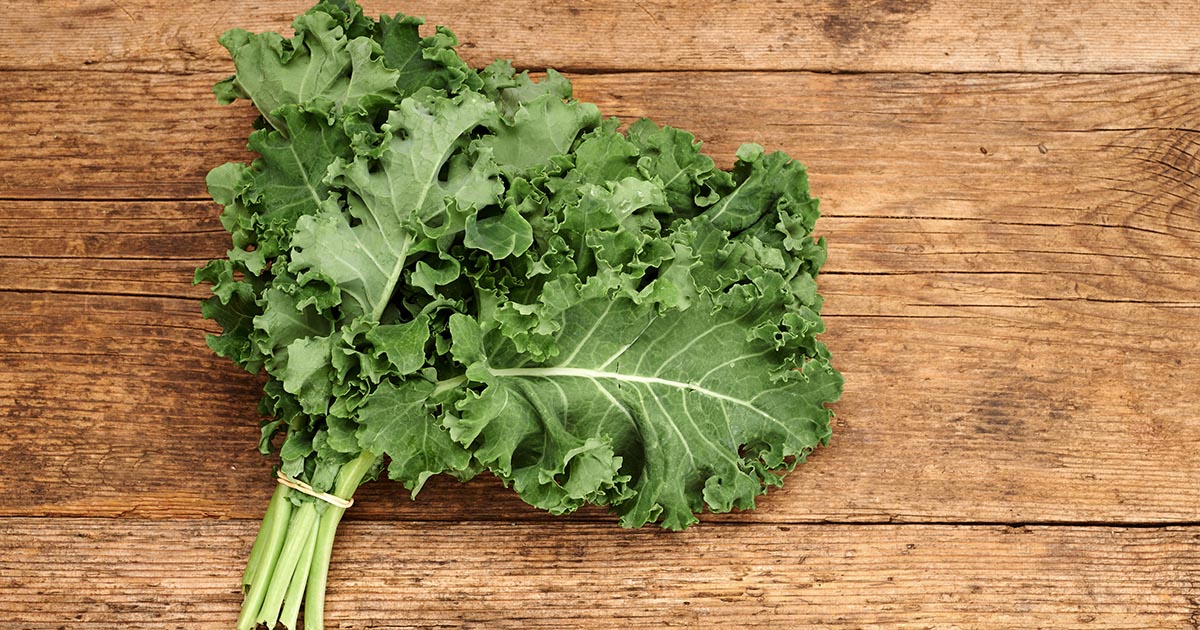Essential Nutrients For Better Eye Health
By the year 2030, researchers estimate the number of Americans who suffer from poor vision and blindness will reach approximately 6.6 six million. Although declining eye health makes day-to-day activities more difficult, few individuals realize just how vital a role their diet plays in how well they see. Eating fruits and vegetables are an important part of keeping eyes healthy, yet only eighty-seven percent of Americans consume the recommended daily amount. Beyond this, there are also specific nutrients found in not only vegetables and fruit, but other foods as well, that individuals need to consume sufficient amounts of to have good vision health.
Lutein And Zeaxanthin

Lutein and zeaxanthin are carotenoids and the compounds found in plants that give them their unique colors. These powerful antioxidants are found in abundance in the macula, which is the part of the retina responsible for detailed and centered vision. They make sure individuals can see fine details, such as when they read a newspaper or a pill bottle. Both of these nutrients are linked to a lower risk of advanced macular degeneration and cataracts. Good sources of lutein and zeaxanthin are kale, spinach, orange pepper, and egg yolks.
